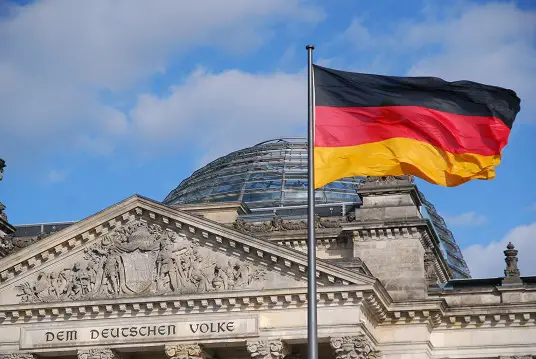Bloomberg reported on Monday that analysts believe a €65-billion financial aid package passed by Berlin, attempting to ease inflationary pressures produced by the energy crisis, will not stop a looming recession in the European nation.
The package included higher subsidies for low income households, payments to students and pensioners, as well as an energy price cap.
ING economist Carsten Brzeski said in a report to clients, “While the announced package will indeed bring some relief for the financially weaker ones, it is doubtful that the package will be enough to offset the impact from higher energy bills entirely.”
He also said he doubted the entire package would even be able to be enacted within 2022, and said that, “the package will probably fall short in preventing the broader economy from falling into recession.”
At the same time, Commerzbank economist Joerg Kraemer said the package will merely create the, “illusion that large parts of the population can be shielded from the fallout of rising energy prices.” He noted further that the approach, as well as the fact the nation’s production is currently at maximum capacity, meant there will be much more inflation in the future.
According to a “back-of-the-envelope calculation” by Greg Fuzesi, JPMorgan Chase strategist, if the government can cut power bills by €10 billion, it will merely reduce headline inflation by 0.6%.
He added, “There are too many questions at this point to gauge the exact impact on inflation, including about timing,” and “new risks may be materializing” now that Russia has cut of all flows entirely through the Nord Stream 1 pipeline.
Russia has just announced there can be no more supply of gas through the Nord Stream pipeline until Western sanctions against Russia are lifted, and machinery critical to the pipeline’s function can be shipped to Canada for repair.

